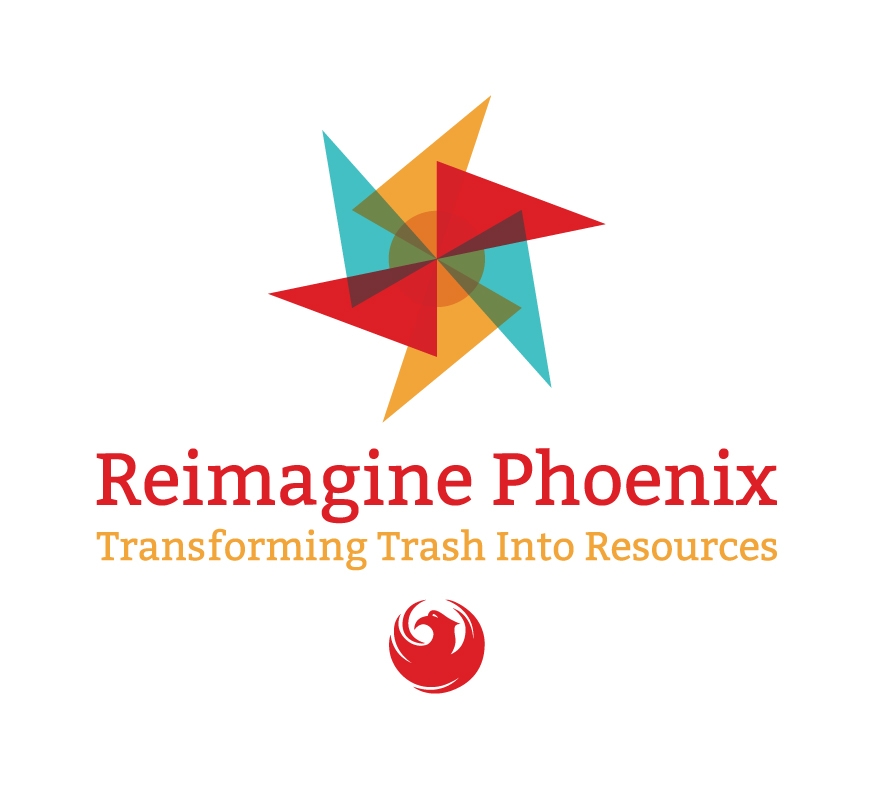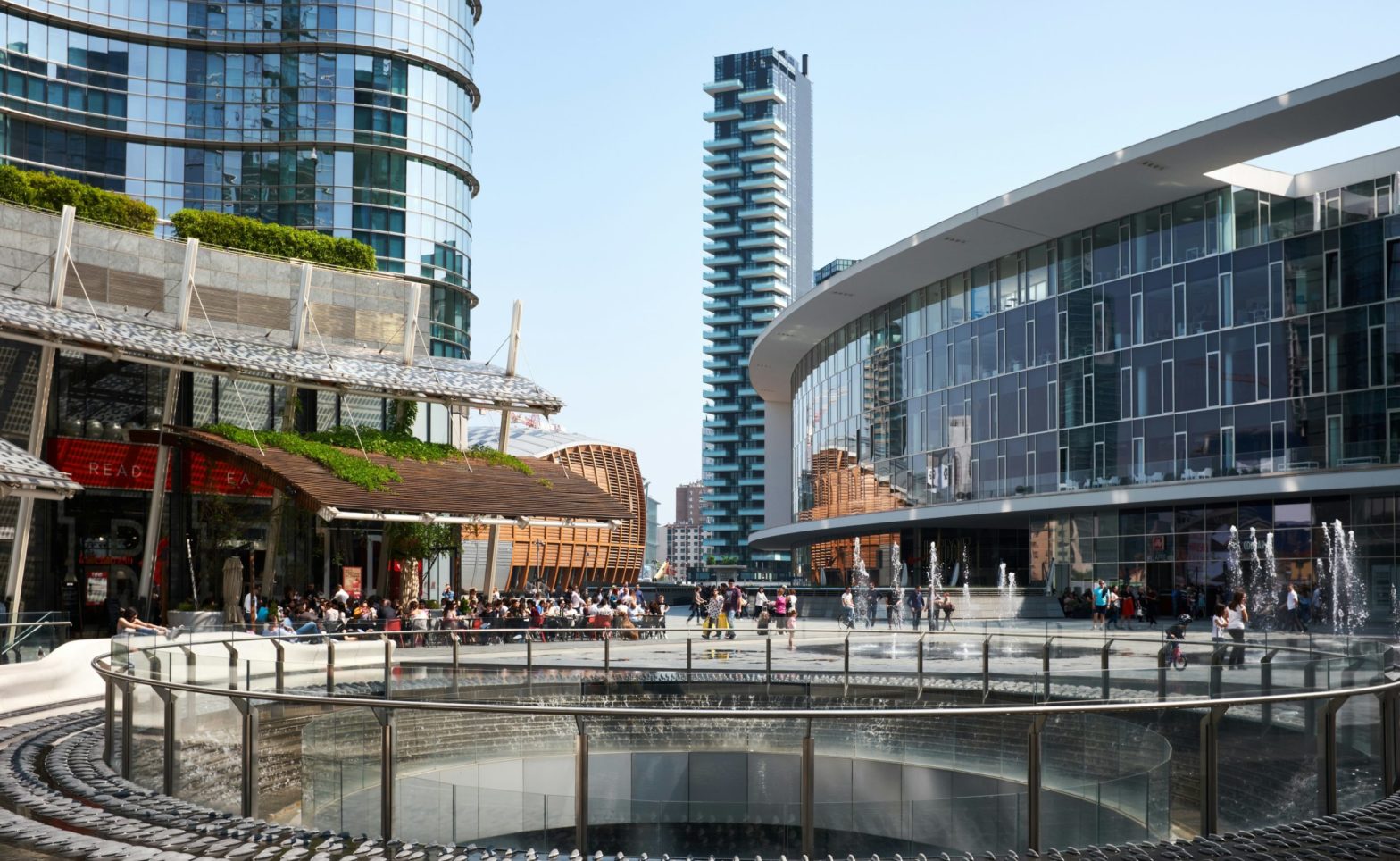
Photo: phoenix-logo
Phoenix joins Ellen MacArthur Foundation’s Circular Economy 100 Group
14 March 2016
by Nick Michell
The Ellen MacArthur Foundation has announced the City of Phoenix as the first major US city to become a member of the Circular Economy 100 Group (CE100), under its Governments and Cities Programme.
“This membership will inspire and challenge my team, as well as Phoenix residents and business owners, to work toward building a circular economy for our city,” John Trujillo, Director of Public Works at City of Phoenix, told Cities Today. “We look forward to learning from the research, innovations and experiences of other major international cities and institutions to help Phoenix identify areas that need accelerated solutions that will help us transition to a circular economy.”
The Circular Economy 100 is an innovation programme established to enable organisations to develop new opportunities and realise their circular economy ambitions faster. It brings together corporates, governments and cities, academic institutions, emerging innovators and affiliates in a multi-stakeholder platform. Specially developed programme elements help members learn, build capacity, network, and collaborate with key organisations around the circular economy.
The city of Phoenix Public Works Department is responsible for the collection and processing of rubbish, recyclables and green organics waste from approximately 390,000 households in the sixth largest city in the US.
“Phoenix is already establishing promising initiatives such as developing the Resource Innovation Campus (RIC) as a home for public-private partnerships and national reference for circular economy, fostering public-private collaborations with Arizona State University (ASU) and doubling its target for diverting waste from landfill,” Stephanie Hubold, Government & Cities Programme Lead, Ellen MacArthur Foundation, told Cities Today. “One partnership between the city’s Public Works department and ASU will provide incubator resources and education for emerging businesses and technologies to act as catalysts in the transition to a circular economy.”
In 2013, the city launched Reimagine Phoenix, with the goal of increasing Phoenix’s waste diversion rate to 40 percent by 2020. Recognising that partnerships with the public and private sectors are crucial to achieving this goal, the Public Works Department is creating the Resource Innovation Campus, a 50-acre plot of vacant land where public and private partners can collaborate, research, educate, manufacture products from the waste stream and use new technologies to help transition Phoenix from a linear economy to a circular economy.
“Having a circular economy not only decreases our carbon footprint and prolongs the life cycle of our finite resources, but it also creates jobs,” added Trujillo. “For the residents of Phoenix, job creation—which leads to the stimulation of the local economy—is a major incentive to work together towards an economic change. The icing on the circular economy cake would be the vast amounts of innovation and collaboration across a variety of industries, both private and public, that could result in truly exciting developments.”










